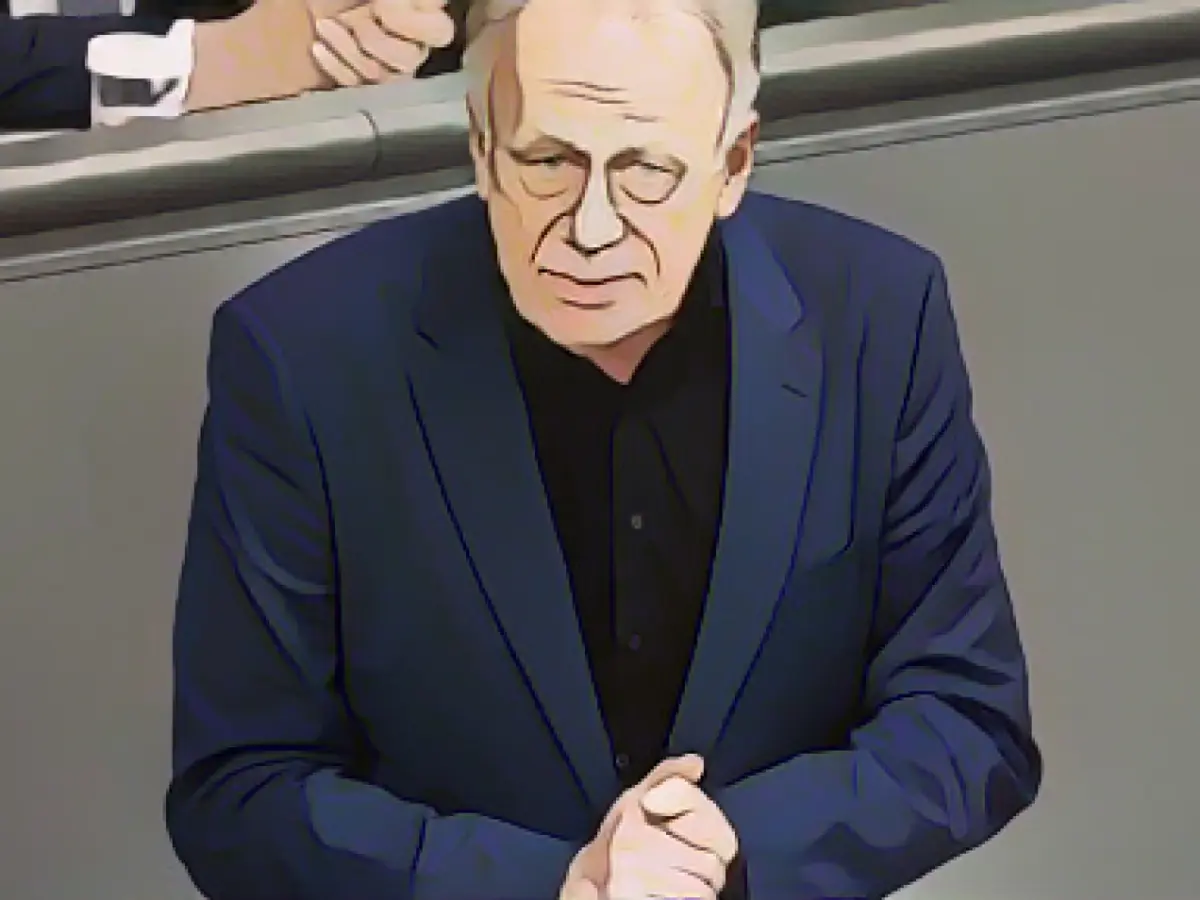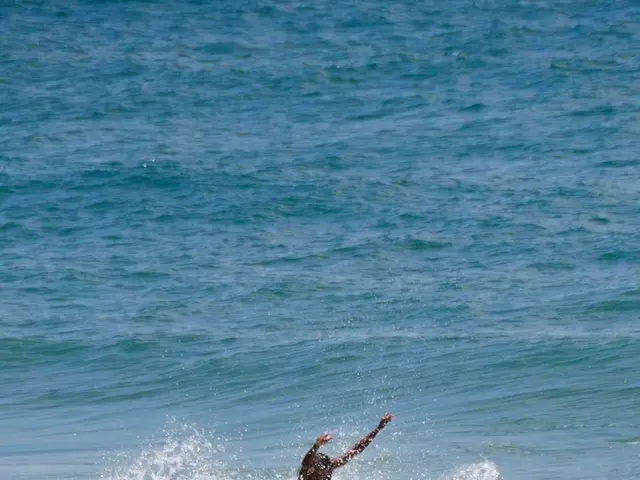Retiring Green Powerhouse: The Departure of Jürgen Trittin
Germany bids adieu to one of its most influential environmental advocates as Jürgen Trittin steps down from politics. Renowned for his steadfastness on climate change, human rights, and disarmament, Trittin's exit leaves a significant void in the Green Party and German politics.
The business community often found him a tough nut to crack, with his unwavering stance in the controversy surrounding the can deposit system and wind energy. Introduced in 2003, the one-way deposit remains synonymous with his name.
Born in Bremen in 1954, Trittin studied social sciences in Göttingen, and the city remains closely associated with him. His political career took off in 1980 when he joined the Green Party. From 1990 to 1994, Trittin served as Lower Saxony's Minister for Federal and European Affairs under Gerhard Schröder's (SPD) administration.
The SPD's victory in the 1998 Bundestag elections paved the way for Trittin's appointment as Federal Minister for the Environment, Nature Conservation, and Nuclear Safety. His term, however, was not devoid of controversies, including mandatory deposits, wind energy, nuclear phase-out, eco-tax, and emissions trading, which triggered heated debates within the coalition.
His relationships with political colleagues were not always cordial, with clashes evident in his interactions with Werner Müller (SPD) and Wolfgang Clement (SPD). He gained notoriety for his provocative statements, such as describing CDU General Secretary Laurenz Meyer as having "the mentality of a skinhead" in 2001 and being tagged an "eco-Stalinist" by CSU state group leader Michael Glos in 2004, alluding to his left-wing past.
Trittin's political journey was not confined to environmental policies. His tenure extended to foreign affairs, and he served as the leader of the Green parliamentary group from 2009 to 2013 before shifting his focus towards this domain. During the Ukraine war, he was one of the earliest supporters of tank deliveries to the invaded country.
Despite his party affiliations, he had vocal disagreements with his colleagues in recent years. Trittin opposed extending the life of nuclear power plants in the Bundestag and lambasted his party colleague Robert Habeck's industrial electricity price plan as "nonsense."
His time in politics was not without controversy. Critics pointed to his policy compromises as lacking in environmental rigor, while internal party debates raged regarding the party's commitment to its principles. Despite these challenges, his legacy as a prominent Green Party figure and environment advocate remains unassailable.
Further Reading
Sources:








